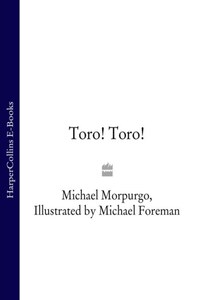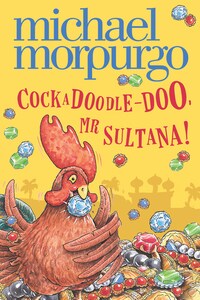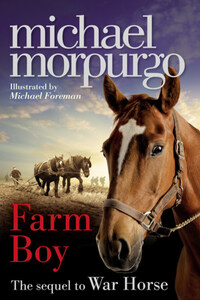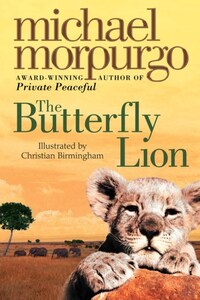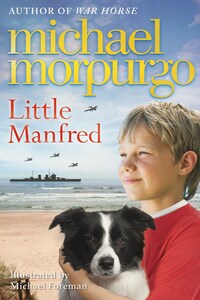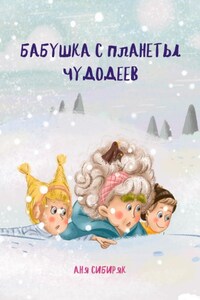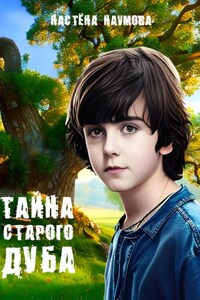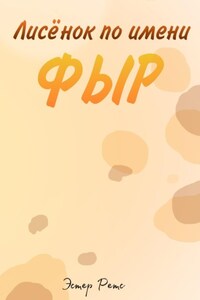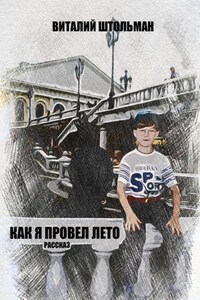I am the proud grandfather of a wonderful grandson – I have been for eight years. The two of us are very close. Somehow we know each other instinctively, like twins, in spite of the sixty years between us. We even share the same name. Nowadays they call me Abuelo (Grandpa), but when I was little I was always called Antonito, like him. It isn’t only by his name that Antonito reminds me of me.
Until yesterday, being a grandfather had been a simple joy – all the pleasures of fatherhood, and few of the cares and woes. Then yesterday afternoon, up in his bedroom, Antonito asked me a question that had to be answered properly, honestly, and without circumvention.
It was a little enough thing that began it. It happened during the siesta. Antonito was bored. He was just messing around, as children do. All he did was kick a football through a window, by accident. When his mother came storming out into the garden, Antonito was standing there in his Barcelona shirt, looking as guilty as sin. He hadn’t run off – he’s not like that. There was no one else around except the cat and me, and we were having our afternoon nap under the mimosa tree at the bottom of the garden, well away from the scene of the crime. So, Antonio had to be the culprit. He was for it, and there was nothing I could do to help him.
“Antonito! How many times have I told you?” I could see that chin of his was jutting already and I knew there’d be tears welling up inside him. I could sense what he was going to say before he even said it. “I didn’t do it. It wasn’t me. Honest.” And it was all said with such utter conviction, such determined defiance. Asked for an alternative explanation, he shrugged insolently at his mother, pursed his lips and refused to speak.
That one shrug was enough to send his mother into paroxysms of rage. He was “a careless, thoughtless, lying little toad and should be ashamed of himself”. Antonito was banished to his bedroom. For some time afterwards, I could hear him crying, and then whimpering quietly in his misery and his shame. I longed to go up and console him, but had to bide my time until I was sure his mother had gone out (grandfathers have to be careful in such matters), before making my way into the house and upstairs. I knocked and opened the door.
Antonito was sitting on his bed, chin still jutting, until he saw it was me. “Hello, old fellow,” I said, and went to sit down beside him. Neither of us could think what to say, so we said nothing. We often said nothing together. We were silent for some time. Then, out of the silence, came the question. “Abuelo, when you were little, did you ever do bad things? I mean, really bad. Did you ever tell a lie?”
“Plenty,” I said. This was quite true of course, but I should have left it at that. Instead, seeking to empathise, wanting to make him feel better, I went on: “I’m telling you, Antonito, I was a whole lot better at bad things than you are. And as for lying, I was a pretty good at that, too.”
He looked up at me with his wide eyes. “Honestly?” he said.
“Honestly,” I replied. “Would I lie to you, Antonito?”
He smiled at that, and brushed the tearstains from his cheeks. I felt I’d said the right thing.
“Are you going to come down now, and pick up that glass with me?” I asked him. “And then you can make your peace with your mother when she comes back, can’t you?”
But I could tell he wasn’t listening to me even as I was speaking.
“Abuelo,” he said, “when you were little, what was the very worstest thing you ever did?”
I hadn’t thought he would take it any further. I was on the spot now. I had a mountain of worstest things to choose from. But he’d asked me for the very worstest, and I knew at once what that was. I’d told no one else in near enough seventy years – not the real story, not all of it. It seemed somehow the moment to tell it; and it seemed too that if anyone had a right to know it, it was my grandson. I felt it was in some way his birthright, his inheritance. I knew too that he expected the truth from me. So I told him the truth, the whole truth.
“If I tell you something, Antonito,” I said, “it’ll have to be our secret. No one else must know, not until you’re a father yourself, and then you can tell your own children. That’s only as it should be. After all, it’s our history I’m talking about – yours, and theirs too. Not a word till then, promise?”
“Promise,” he said, and I knew he meant it. I could feel his eyes willing me on. So I began.
“I haven’t always lived here in town, in Malaga. But you know that already, don’t you? I’ve told you before, haven’t I, how I was born on a farm, how I grew up in the countryside with animals all around me?”
Over the years I’d told him dozens of tales about my country childhood in Andalucia – he loved to hear all about the animals. But I’d promised him something much more exciting this time, and I could see he was full of expectation.
